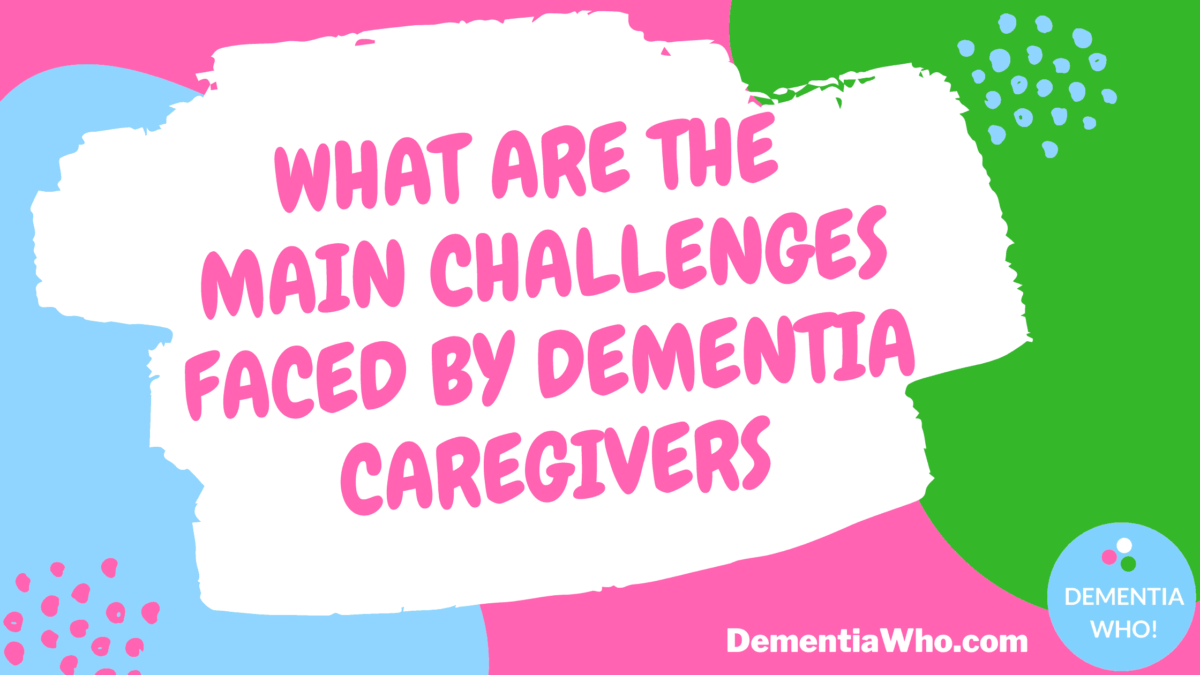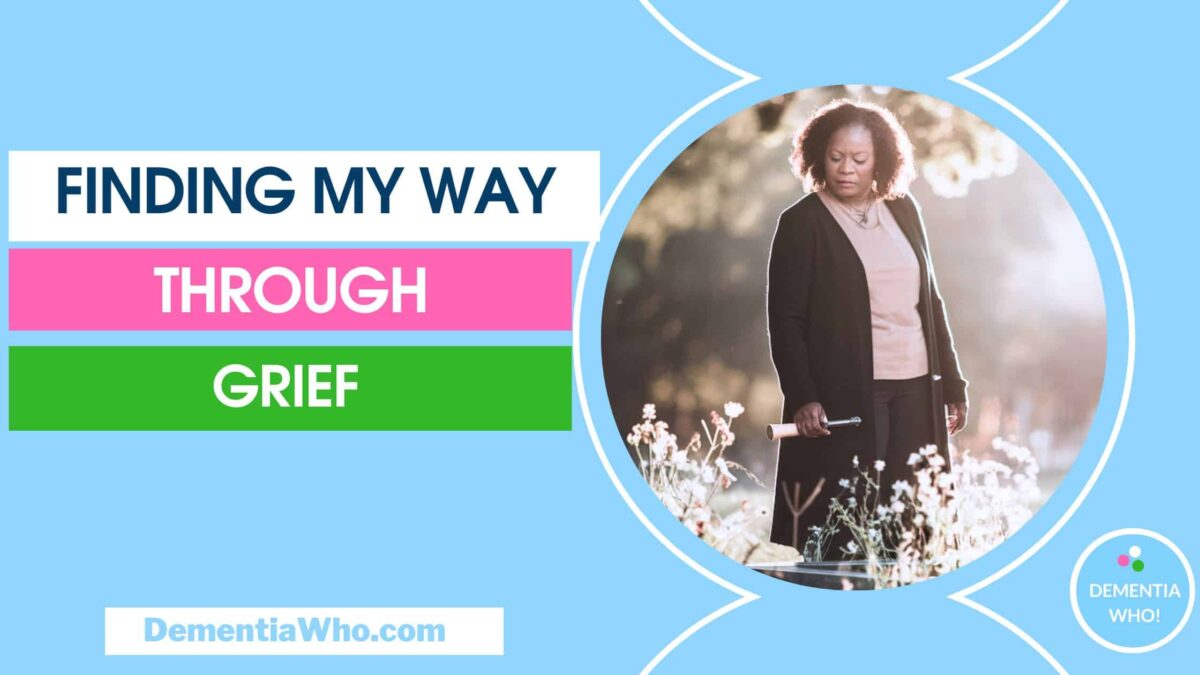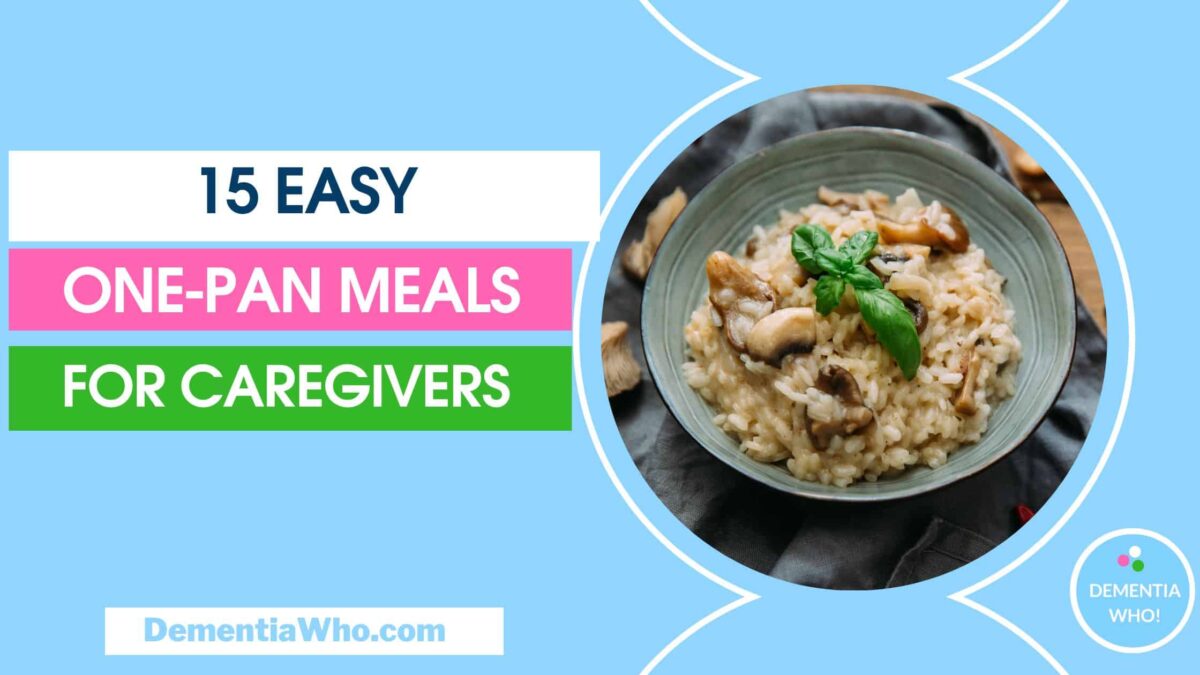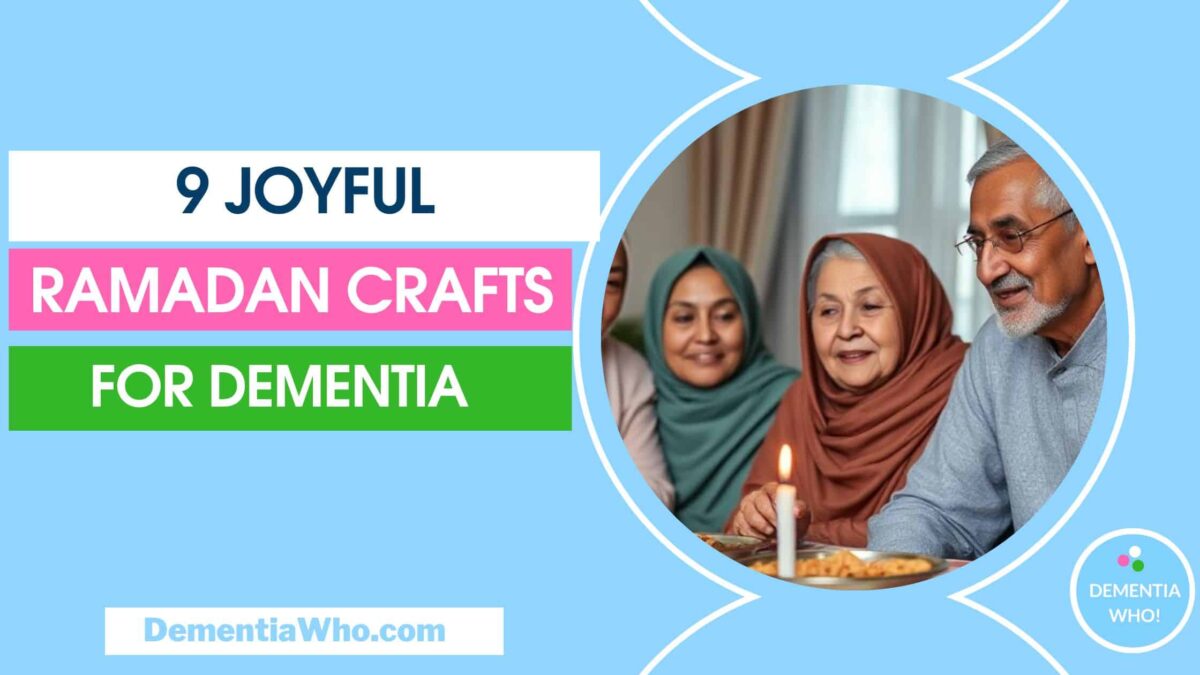I’ve been asked what the main challenges faced by dementia caregivers are before. Now with almost 10 years of experience, I thought I’d share what I and I know others have faced. Hopefully, this will raise awareness and understanding of what dementia caregivers go through each day. So next time you’re with someone who cares for a loved one, think about what you can do to make their life easier, real tangible things, doesn’t have to be big, if someone did the ironing for me I’d be grateful. This is about recognising the struggles involved in a long term caring role.

Isolation and Loneliness
Being a caregiver can be incredibly lonely.
8 in 10 people caring for loved ones “have felt lonely or socially isolated”
The world shrinks:Carers loneliness – Carers UK
Your time is limited trying to juggle work, caring, dealing with government agencies, paperwork, family etc so it’s hard to fit in time for yourself.
Friends that were around don’t visit or call as often. Some have difficulty in knowing what to say or act around your loved one with dementia so stay away. You feel that no one understands the life you now lead unless they are already caregivers, fiercely protective over loved ones. Your world gets smaller, and starts to impact your emotional and physical well-being, you talk less about your caring role.
It gets hard, not all the time, but you do feel more alone than probably you have ever done during your life. I can’t quite explain it, but it’s something you have to fight against, however uncomfortable it may make you feel.
There isn’t a lot of recognition of the toll that caring can have on you. The more opportunity that we can get to take respite, take time for ourselves, engage with friends, talk to other caregivers, or get financial support can all help to reduce the worry and isolation and loneliness that we can feel.
The Unpredictability of Dementia
There’s always something new with dementia as parts of the brain are affected by the disease. As new symptoms appear you both have to adapt and learn how to deal with them.
Behaviour changes are one of the most difficult to deal with, agitation, anxiety, depression, apathy, clinginess, and tears mixed with periods of calm, joy, excitement, and love. You need to learn new skills to identify the triggers that can start a cycle or try new coping mechanisms.
How do you cope with losing the ability to communicate, ensuring their eating and drinking well, keeping physically active whilst trying to avoid falls etc? You’re trying to manage so many things and not knowing how to do it. There’s no guide book for caring, you learn as you go.
So you learn new ways because you have to, there isn’t any choice, there isn’t a fallback plan, you just get on with it. But getting there takes time, and stress, and adds additional challenges to your day. It can be confusing knowing what the right thing to do is to help maintain independence and provide support at the same time.
You’re faced with learning from people who are going through the same situation, dementia charities, and local support groups. Dementia caregivers don’t know what will happen, so we always have to be prepared by looking ahead, whilst trying to not miss today.
Universal Identification
One of the biggest issues for caregivers is identifying as a caregiver. It is a major barrier to accessing support & help. Barriers are wide ranging from not realising what your role is, stigma, the terminology used, fear etc. You can read more about the barriers to caregiver identification in the article ‘Why Don’t You See Yourself As A Caregiver?‘
There isn’t a universal nationwide system to identify caregivers. It is estimated that more than half of all caregivers took over a year to realise they were caregivers. There is a patchwork model where you have local caregiver register through support groups, GP practice records, social service records, charitable organisation records & caregiver passports.
A national register recognised by society would help. The lack of a national caregiver register makes it difficult to ensure that dementia caregivers are given the support they need, and treated equitably & fairly across the UK, rather than being part of a postcode lottery on services and support.
Relationship Strains
Being a caregiver doesn’t just impact you, it impacts the whole family. Your partner or loved one with dementia may feel this shift in the relationship dynamic as your loved one’s disease progresses which can be tough for both of you to handle and can lead to frustrations.
Your loved one may begin to feel frustrated as their abilities change and take that out on you. You may become frustrated with their dependence on you. You grieve for the person and the loss of the relationship you once had.
Then you have family disputes. Family disputes can easily arise over who does what, how information is shared and whether the caregiving role is equitably shared with siblings and other family members.
As the main dementia caregiver, you might become more territorial without realising it. Family fractions appear where you feel they’re not doing enough to help.
Setting expectations and boundaries early on & sharing the burden can help to alleviate these feelings of frustration, so that anger doesn’t build up. If they do escalate, then look to mediators who can help break down what’s going on, who can help you speak up for what you need and allow you the space to listen to what they need.
It’s vitally important to identify yourself as a caregiver to your local government agencies (councils) and medical agencies (doctors, memory clinics, hospitals etc), without calling yourself this you will not get the support you need. You have rights to carers assessment, financial help, and grants, however, limited they may be. You can read more of the support you can get in this article ‘Why it’s Important to Identify as a Caregiver‘
Physical Implications
It can be physically hard caring for someone who may not understand or want your help. Dementia Caregivers have a delicate balance to know when and how their loved one needs support. Dementia isn’t just about memory, it brings up a host of other issues depending on the type of dementia you have and how quickly it progresses.
You see issues with balance, visual perception, disinhibited behaviours, muscle weakness etc. This may mean you need to physically support your loved one in some way. This in turn can lead to strains, backache etc that adversely affect your own health. You can find tips in this article on how to avoid caregiver injuries here.
Mental and Emotional Well Being
Any caregiver will tell you they face an emotional toll from caregiving. I know that I have personally felt overwhelmed, filled with anxiety & stress till it affected my ability to get up in the morning. It’s sometimes referred to as caregiver burnout or caregiver fatigue. You can read more about my experience of Dementia Caregiver burnout here.
It comes in cycles as well, you can be doing fine for a while then be hit with a wave of caregiver fatigue or it creeps up on you before you realise what’s happening. That’s why it is so important to make time for self-care – I know the buzz word, sounds arty farty and I understand that. I felt that way too until I experienced caregiver burnout.
Nobody could take care of my mum as well as I could. So, I burdened myself with too much, and I didn’t take any respite. Well-meaning people offered to help but in reality, that help didn’t materialise or it was so sporadic that it didn’t really help. I didn’t get a real long-term commitment from them.
So I’m grateful for identifying as a caregiver as that resulted in my getting respite care through my local council. It can be hard to fight for what you deserve, but I urge you do so. A minimum of a few hours of respite made available by your council providing funds for a professional respite caregiver is a godsend. Not just for you either, because they can befriend and engage your loved one. It gives you time to replenish yourself, time to get some sleep without one ear open or a chance to do something for yourself.
Financial Implications
Many caregivers will describe having to dip into their own savings to help support their loved ones with the cost of living. Carers UK recent survey said that
“ 31% of this year’s respondents saying that they are struggling to make ends meet, and over over two-thirds reporting that they regularly use their own income or savings to pay for care or support services, equipment or products for the person they care for”
State of Caring 2021. Carers UK
The financial situation of a caregiver will vary, some caregivers are able to still maintain employment, and others become unpaid caregivers relying on their own savings, family support or government benefits that are available to claim.
It’s a shock initially when you become a dementia caregiver at the drop in your income when undertaking such a massive task of caring for your loved one with dementia.
In the UK, caregivers can claim Carer’s Allowance, the lowest benefit available. It’s so low that you need to top it up with additional benefits like Income Support or apply for an unemployment benefit like Univeral Credit with a carer element just to make ends meet. The amount you get per week can be wiped out with any emergency, like emergency dental work, appliance breakdown etc
We will probably have to use all our savings to pay for care, and I fear we will live out our last years in poverty. I don’t understand why dementia is classed as a social care problem. As a terminal, life-limiting brain illness it should come fully under health care. We urgently need the government to do something about this
Make Caring Visible, Valued and Supported – Carers Week 2022 report
Young caregivers may give up educational attainment to care for loved ones, and miss out on University & the better opportunities that come with that, middle aged caregivers miss out on adding to their pensions and have difficulty in rejoining the workforce after years of caring means that the employment gap widens as skills become redundant. Every caregiver has to think about the financial challenges of a long-term caring role. You can read more and check whether you’re getting the right financial support for dementia here.
That’s it, an overview of the main challenges faced by dementia caregivers. Can you identify any more?











